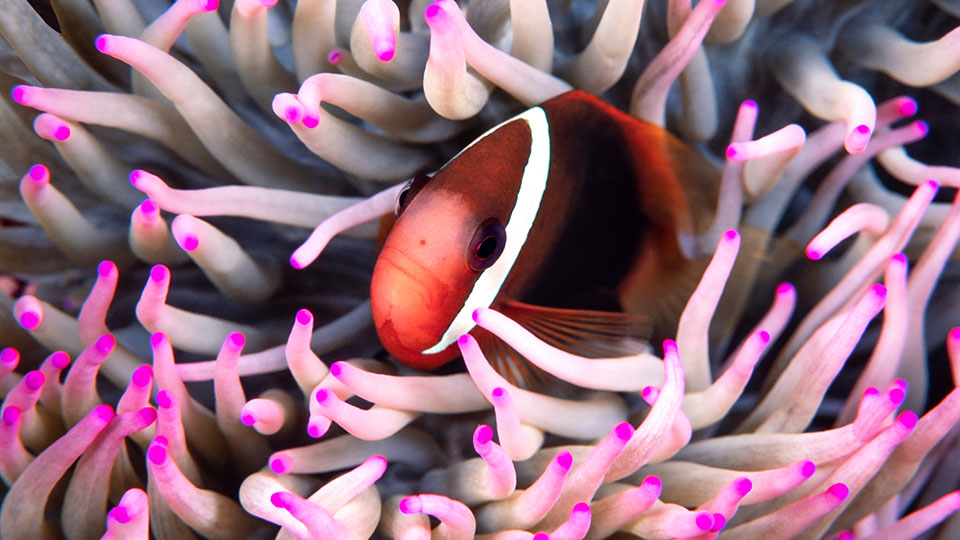
IAS Residential & Fulbright Scholarship Fellow Dr Lindsey Albertson delivers a seminar on their research titled 'How animals shape the environment: Investigating patterns of ecosystem engineering, positive interactions, and invasive species'.
Understanding the many forces that influence species in nature is becoming increasingly complex in the face of climate warming, reduced water quantity and quality, and invasive species introductions. Interactions among organisms are some of the most important drivers of species presence, population dynamics, and ecosystem functioning. One such interaction among organisms is called ecosystem engineering, which occurs when an ecosystem engineering species strongly influences their surroundings by creating or modifying habitat and food resources, thereby playing a critical role in controlling which species live where. Commonly recognized examples of ecosystem engineers that make habitat for other species include prairie dogs that create burrows with unique temperature and moisture conditions and corals that create reefs with unique refuge and food resources.
Using interdisciplinary research that combines ecology with geomorphology and hydrology, Dr Albertson studies the ways in which animal ecosystem engineers create environments that support the abundance and diversity of the community. The type and magnitude of the ecosystem engineering effect can be modulated by several factors, including traits of the engineer, invasion status of the engineer, and disturbance regime of the environment. In this talk, Dr Albertson will share findings from experiments with invertebrate ecosystem engineers such as caddisfly insect larvae and crayfish in rivers, describe outcomes of quantitative literature summaries that identify which engineers most strongly facilitate others in the community, and discuss plans for ongoing projects. Dr Albertson’s research confronts pressing global change issues by investigating how ecosystem engineering animals and their interaction with other organisms play a fundamental role in creating habitat, controlling food availability, and regulating water quality.
This event is hybrid format, please use the required booking button at the bottom of the page for either in-person or online.
(Please note that in-person spaces are limited and booking is required, so we can manage numbers for catering and also the space inside International House)
By booking a place at this event, attendees agree to behave in a respectful manner such that everyone feels comfortable contributing as they wish. The IAS reserves the right to eject anyone who does not abide by this policy.
IAS seminars are typically recorded, minus any Q&A sessions at the end, again to encourage contributions. The recordings are then uploaded to our website on a Fellows bio page and/or Programme page, along with our IAS YouTube Channel. If you are not able to attend a seminar live, please do still register as we will email everyone who registered to let them know once the recordings are made available.
Contact and booking details
- Email address
- ias@lboro.ac.uk
- Cost
- Free
- Booking required?
- Yes